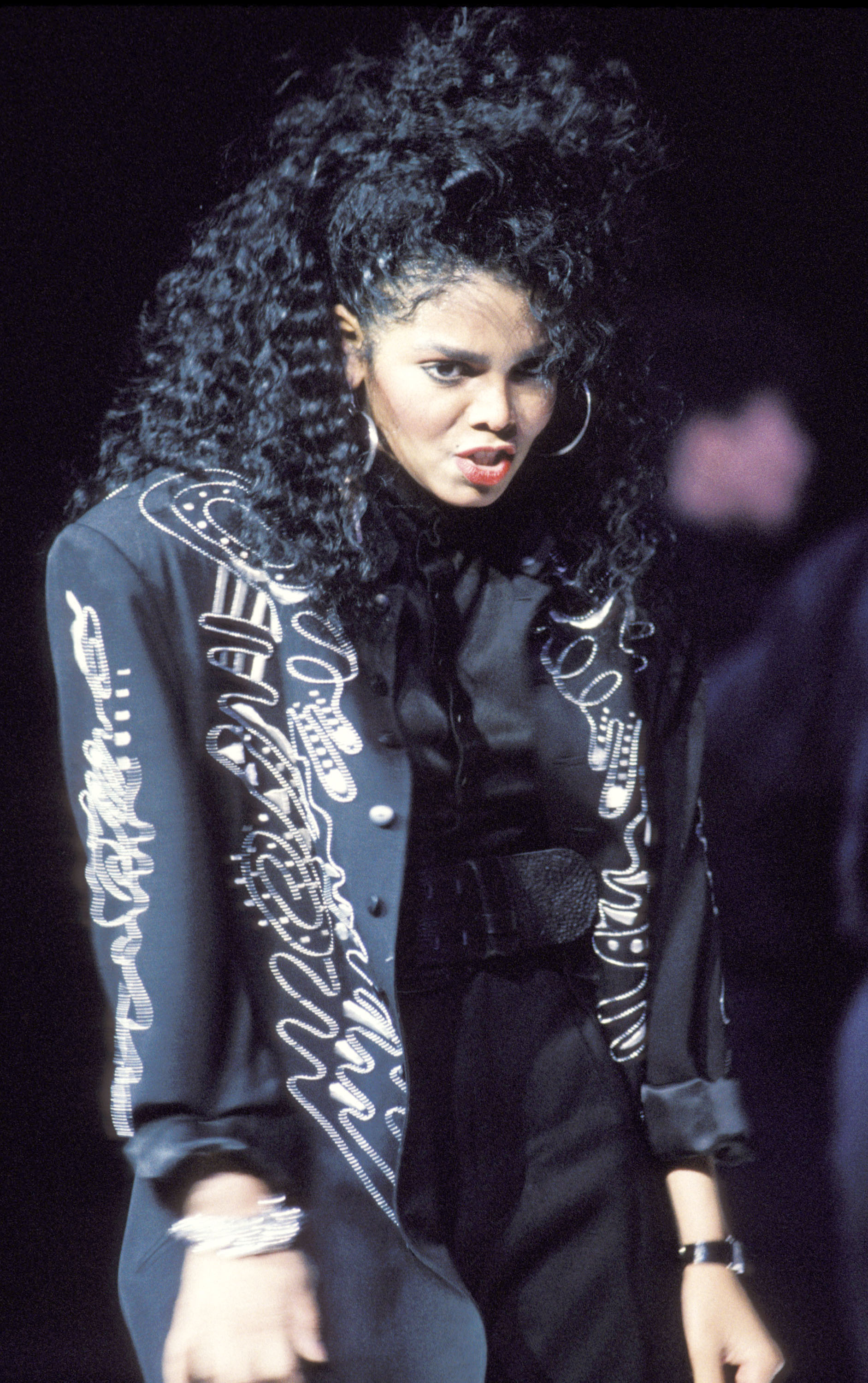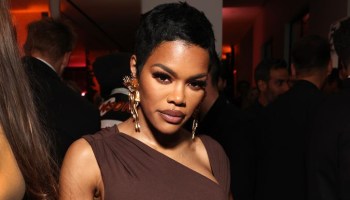It’s difficult to believe that Control—an album that serves as a musical soundtrack for many of our formative years—is celebrating a golden anniversary.
What’s fascinating about Jackson’s 1986 release is its lasting significance for her fellow pop stars, like Beyoncé and Ciara, as well as the nostalgia it causes for girls who were coming-of-age when the then 19-year-old declared her independence. In an article for Ebony Magazine, writer Brandon Smith dubs Control “the album that launched a thousand feminist musical careers.” How right he is.
Janet’s first two musical efforts were safe—and aligned with the wholesome Jackson brand. Control positioned her as a woman in complete control of her sexual autonomy.
Her first single, “What Have You Done For Me Lately,” was an ode to separating from a partner whose complacent in the relationship. The subsequent single, “Nasty” narrated a particular incident when Jackson was harassed outside of a hotel she was residing in while recording the album.
When Rolling Stone asked about her motivation for recording and releasing “Nasty,” Jackson said the song was “born out of a sense of self-defense” after she felt sexually threatened and emotionally abused. In addition to exploring relationship issues, Control is the album that “helped redefine what it meant to be a Black female superstar, and arguably, a Black superstar period,” according to Smith.
One vital aspect of the reimaging of the black female superstar is a keen focus on sex that is consensual and fulfilling. When Jackson embraced sexual desire on Control, she rejected “gendered and racial sexual stereotypes about black women.” Janet, literally, made space for black women to discuss pleasure in pop music. No longer buttoned up and proper, she made bold sexuality integral to her performances.
We see this influence among other black female singers, like Kelly Rowland. In her exploration of Ciara and Rowland’s sexual expression, historian Treva Lindsey says that they transgress boundaries that have surrounded black female sexuality since slavery. Janet refused to be bound to this need to be respectable. She wanted to be free.
Control was the beginning of that freedom.
In a 1993 Rolling Stone profile, Janet described her album, janet, as one about “a woman who finally feels good enough about her sexuality to demand a man’s respect.” “If,” one of the signature songs on janet, focuses on a woman fantasizing about sexual intimacy with a man who’s in a committed relationship. In the 1993 Rolling Stone cover story, Jackson said:
“On a psychological level, though, good sex, satisfying sex, is also linked with losing
yourself, releasing, using your body to get out of your body. Well, for the first time, I’m
feeling free. I love feeling deeply sexual – and don’t mind letting the world know. For me, sex has become a celebration, a joyful part of the creative process.”
Essentially, Janet’s work shifted black female pop stars to “sex-positive, African-American female-authored sites of sensual, erotic, and sexual expressivity,” according to Lindsey.
“This is a story about control — my control. Control of what I say, control of what I do,” Janet says. It is exactly that. It is the moment when she began guiding her career from sheltered to icon. Thirty years later, Janet still reigns supreme.
Control is one of the primary reasons why.
RELATED STORIES:
Saved By Grace: Janet Jackson Does Not Have Cancer
Watch Tamar Braxton Kill It In Janet Jackson ‘Rhythm Nation’ Tribute On ‘DWTS’
PRESS PLAY: Janet Jackson & Missy Elliott ‘BURNITUP’ On Upbeat New Song






















